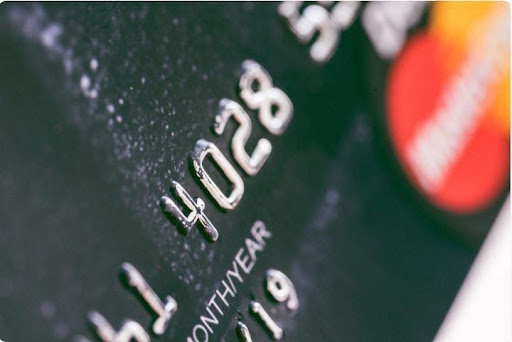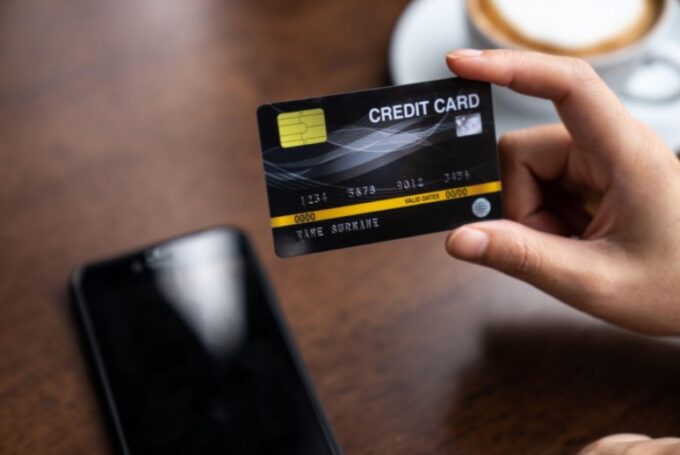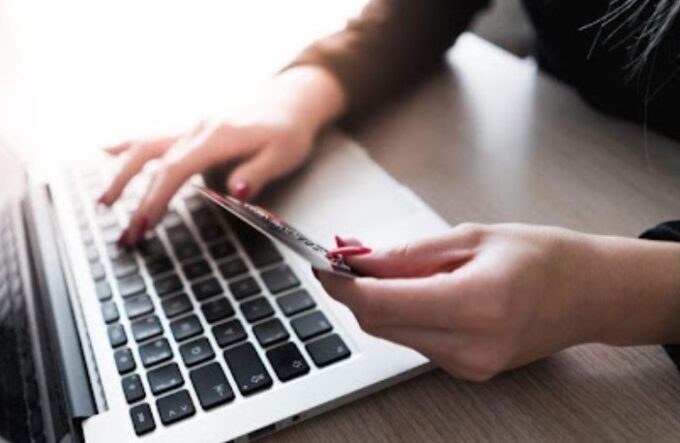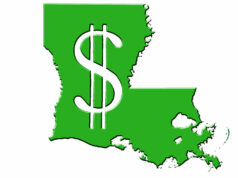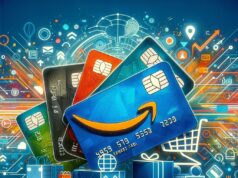Obtaining your first credit card is considered a huge milestone and as exciting as that sounds, it is also a huge responsibility. Owning one shows your readiness to start taking responsibility for yourself and your finances. It helps you track your expenses and correct them when necessary.
But the questions you might ask yourself are: why is it so much of a responsibility? What does it say about you and your growth as an individual? Why does it have so much effect on how other people see you and how they relate with you? As you begin your journey to obtaining and using a card, you will have most of these questions answered.
It is therefore of paramount importance to arm yourself with the technical know-how and their complexities. This will make it easier for you to avoid common mistakes that could put your finances in jeopardy.
In this article, you will be getting much-needed details on how to obtain one, how it works, the benefits and downsides, related technical terms and other issues. You can also check out kredittkortinfo.no for more information on how to find and obtain one that is most suited for your use.
What Exactly is a Credit Card?
A credit card is a card usually with a 16-digit card number, expiration date, and EMV (Europay, Mastercard, and Visa) chip that is issued to an individual by a financial institution, for example, a bank. It gives the owner the ability to borrow funds from the financial institution. This comes with an agreement to pay back the money with interest as stated in the terms agreed upon by both parties.
Various physical properties such as color and designs differentiate each card from the other, but they all have a common property which is a brand logo such as the MasterCard’s red and orange interlocking circles that can be found at the front or back of the card. This logo is used to represent the card network that supports your card and the financial institution that issued it.
This network is necessary to ease the transactions between an individual (holder) and the financial institution issuing the card (issuer). To achieve this, the network creates a virtual payment platform and charges the holder on transactions made.
There are many card networks but the four major ones are:
- Visa
- MasterCard
- American Express
- Discover
How Are Credit and Debit Cards Different From Each Other
Credit and debit cards can be easily mistaken for each other because of how identical they are in appearance. They both have 16-digit numbers written on them, they also have expiration dates as well as EMV chips and they can both be used to pay for stuff. What differentiates one from the others is the source of the money.
When you want to pay for an item with a debit card, the money comes from the funds already deposited in your bank account. Therefore, it gives you access to money already deposited in your bank account. Paying for an item with your credit card means borrowing money from the financial institution that issued it to pay for that item. You can only do this up to a limit and must pay back with interest.
Benefits of Using Credit Cards
Looking for the benefits of using these cards? Here are some of them:
It Can Be a Cheaper Method to Borrow
Using credit cards may be a less expensive approach to borrow funds at little or no interest. However, a few of them offer an interest-free period when one can get free interest on purchases. Keep in mind that when the ‘no interest period’ closes, any sort of expenditure will carry additional interest.
It Helps to Build Your Credit History
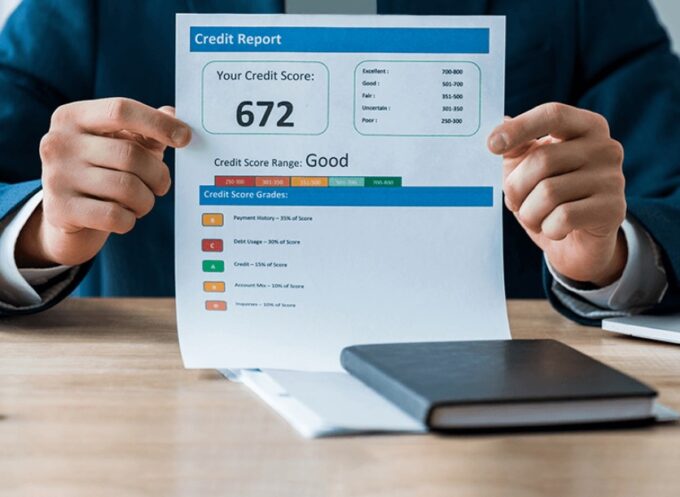
Your card use has the maximum impact on your credit report. That incorporates your positive history, for example, when you make your payments on time and low credit usage ratios. It also incorporates negative history like late payments or misconduct.
Your report data is then used to ascertain your credit or FICO scores. Mindful spenders can raise their scores with a background marked by consumptions and ideal installments and by keeping their balance low when compared to their limits.
Protection from Fraud
Credit Cards offer a lot more noteworthy protection compared to debit cards in most cases. The important thing is for the holder to report the incident as soon as possible so that the maximum liability to be incurred after the loss will be no more than $50.
The report should be made within 48 hours of discovery. Any later than 48 hours could cause the card owner’s liability to experience a significant increase of up to $500 and after 60 days, much more increase is to be expected.
Downsides to Using Credit Cards
The major downsides to using credit cards are discussed in detail below:
It can lead to debt
Having access to funds can be tempting and can cause uncontrolled spending thereby leading to serious debts. This is why it is important to be responsible while using it and also be aware that you are making purchases with money borrowed from the bank and not your personal money.
It can negatively impact your credit score
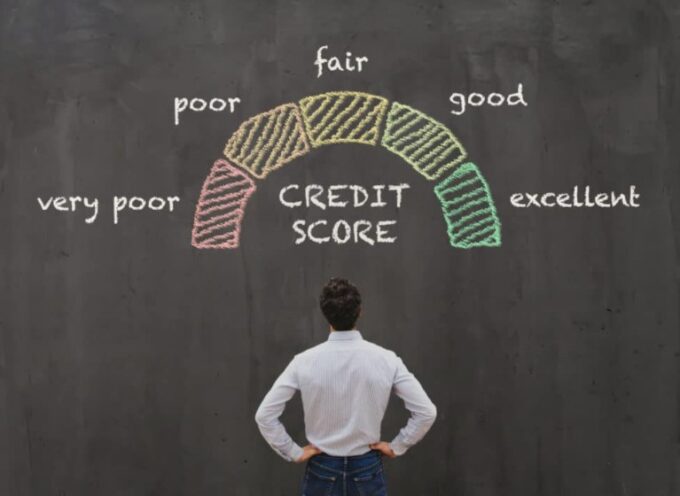
As much as using your card and paying on time can positively influence your FICO score, it can also impact it negatively especially if you get into the habit of paying late or other misconducts.
Interest rates
The payments made using a credit card are essentially a loan gotten from the financial institution that issued it. This means that repayment has to be done with interest. The interest rate and the fees the financial institution charges are used to calculate your annual percentage rate (APR). The more the APR, the more cost you incur when paying up your debts.
Things to Know Before Getting Your First Credit Card
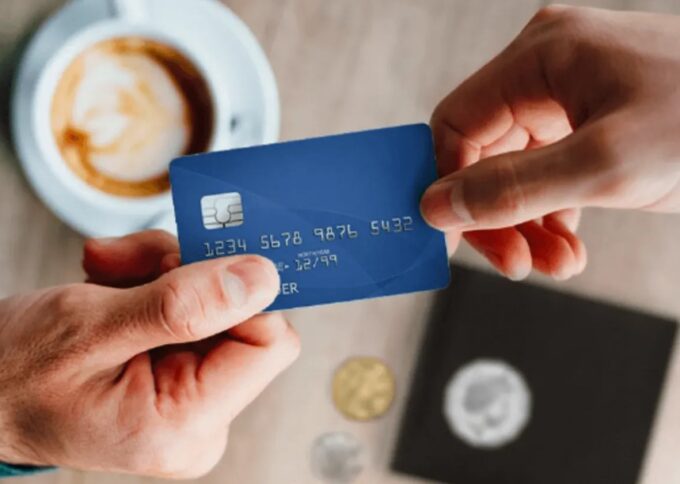
Getting rejected for a Credit card is a bummer, yet you can gain a lot from it. It is necessary for issuers to send you a clarification for rejecting you, it is required by the government for them to do this and it is called an adverse action notice. For instance, your issuer may say you were dismissed in light of the fact that your pay was excessively low, or you do not have a record.
This input could assist you with concluding how to work on your opportunities for endorsement sometime later. For more information on how to get your credit card check here: https://www.moneyunder30.com/how-to-apply-for-a-credit-card.
One of the major factors that impact your FICO score is called the credit utilization ratio. It is the percentage of your available credit used. If your credit utilization ratio is really high it can negatively impact your FICO score. For example, if your card had a limit of $500 and you used about $450 your score can be affected. Therefore, it is important to have a low utilization ratio.
Your first credit card has a lot of impact on your credit score. Boosting your FICO score is one of the main reasons to get your first card, but it has a tendency to have the opposite effect depending on your activities. To ensure that your credit activities help to boost your score, ensure to pay off your debt fully and on time. It is also important to stay well above your limit. Sticking to this plan can make your first card usage experience as debt-free as possible.
Conclusion
Are you considering getting a credit card? Then going ahead with the plan may just be an ideal decision. It helps you monitor your finances as well as ensures that you maintain certain expenditure limits. You can go ahead and apply for one if you don’t have it already. You will certainly enjoy the benefits attached.

